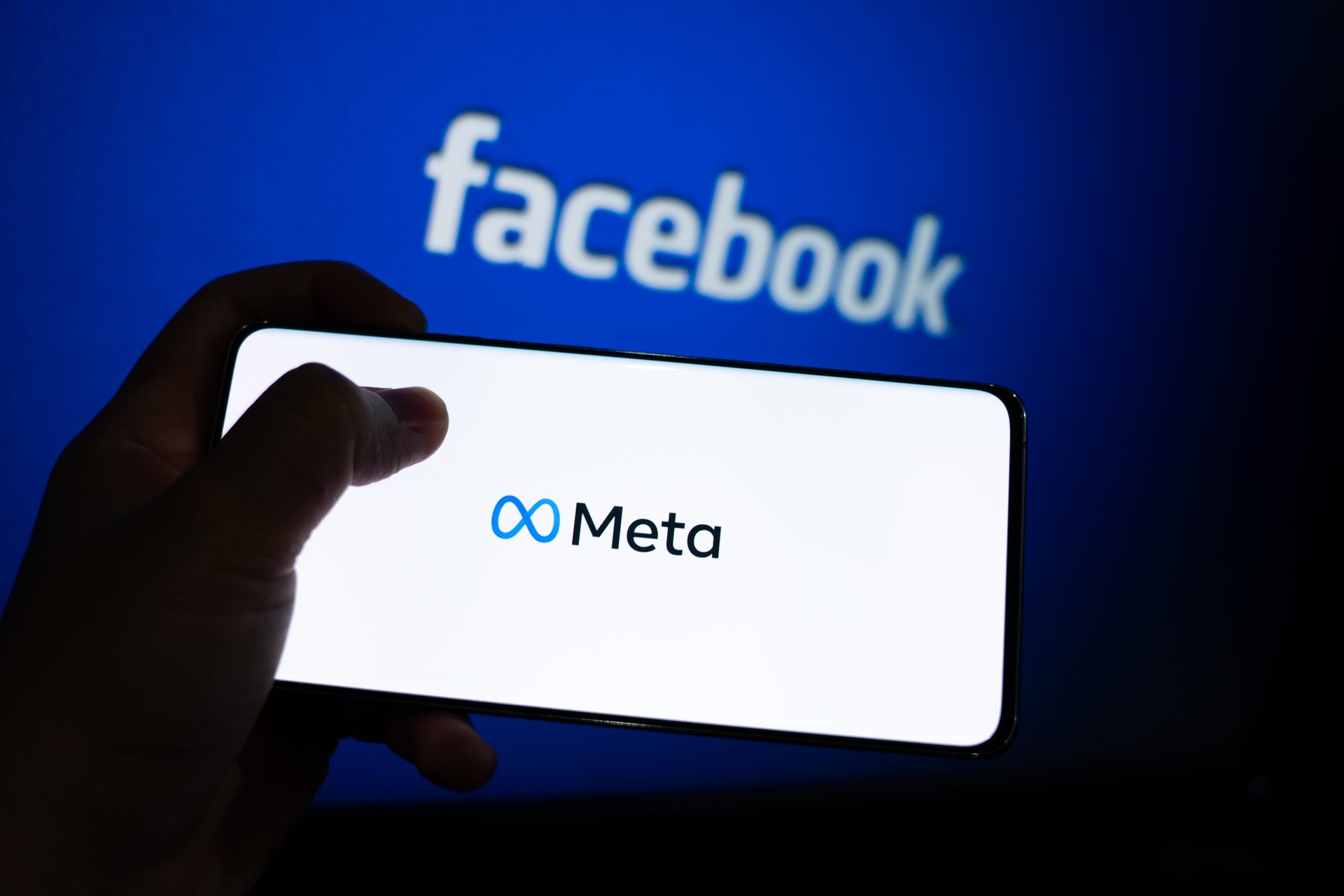Facebook is turning to AI to run its 'entire video ecosystem'
An executive said Meta is developing an AI model to recommend videos on Facebook and Instagram

Meta is spending billions on chips to build on its AI ambitions, and one of its efforts is focused on its video platform, an executive said.
Suggested Reading
As part of Meta’s “technology roadmap” for now until 2026, the company is developing an AI model to power recommendations for its videos and user Feeds, Tom Alison, the head of Facebook, said at a Morgan Stanley tech conference Wednesday.
Related Content
Now in its third phase, Alison said Meta is working to continue validating the use of large language models (LLMs) and generative AI to power more products, and scale it.
“Instead of just powering Reels, we’re working on a project to power our entire video ecosystem with this single model, and then can we add our Feed recommendation product to also be served by this model,” Alison said. “If we get this right, not only will the recommendations be kind of more engaging and more relevant, but we think the responsiveness of them can improve as well.”
Historically, Meta has had a different AI model powering recommendations for each product, such as Reels, Groups, and Feed, Alison said. The first phase of Meta’s “technology roadmap” was to switch the current recommendations systems from computer chips to GPUs, or graphics processing units, “to perform better,” Alison said. But last year, Alison said, the company started looking into using LLMs and generative AI to power recommendations.
“What if we actually had, instead of these per-product recommendation models, what if we had one recommendations architecture, that could power all of our recommendations products, and that could leverage lots of data,” Alison said.
Alison said the company tested the new recommendations architecture with Reels, and used the same data as the previous model. Facebook Reels is about a third of Facebook’s video time, Alison said, while video time on the platform is worth over 50% of overall time spent on the site. Meta ended up with an 8-10% gain in Reels watch time on the new architecture.
“What that told us was this new model architecture is learning from the data much more efficiently than the previous generation,” Alison said. He also said the company is focused on investing more on scaling up its models with the right hardware.
In addition to video, Alison said Meta is working on other generative AI efforts, including digital assistants and improving its chatting tools in Feed and Groups.